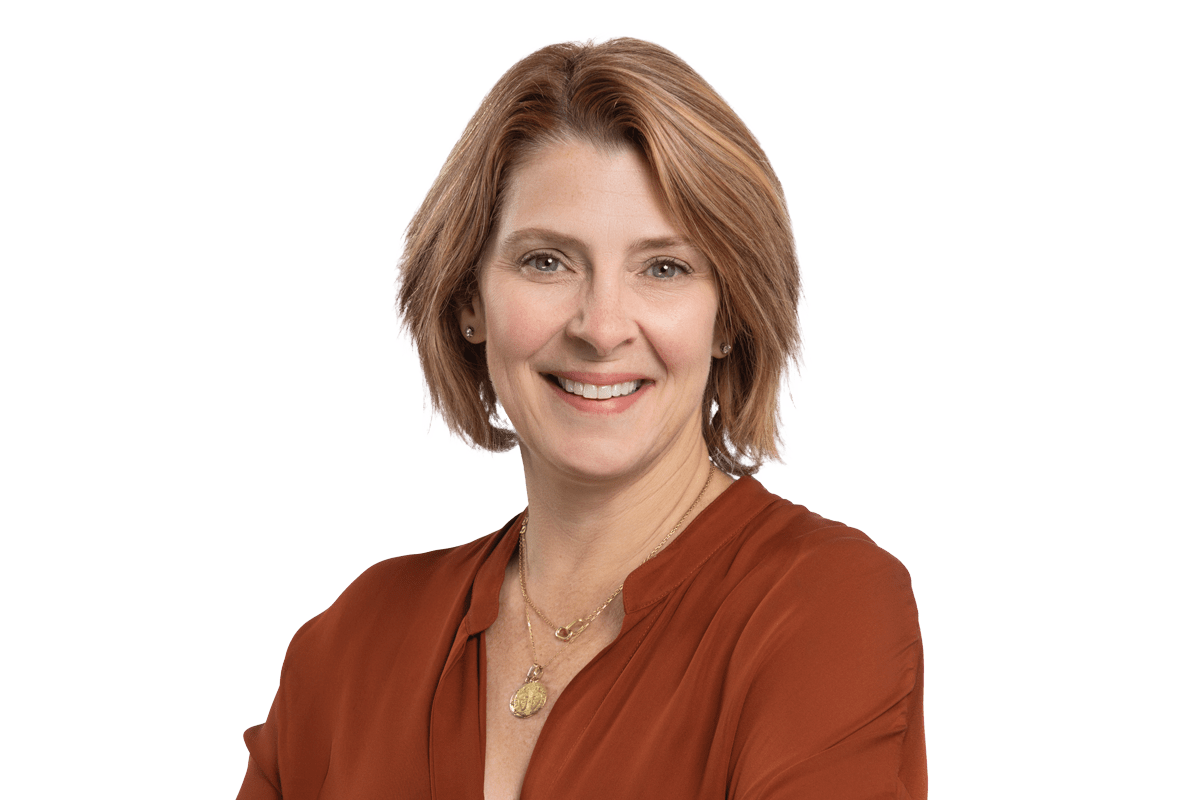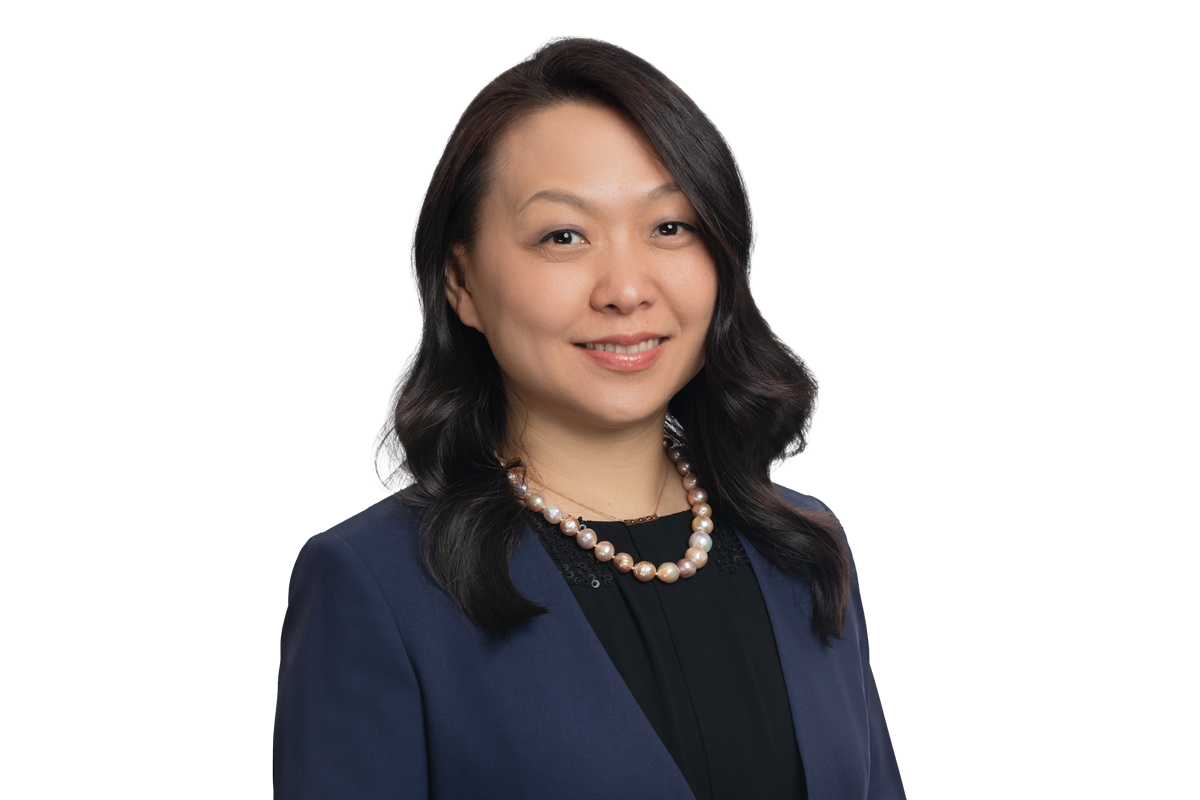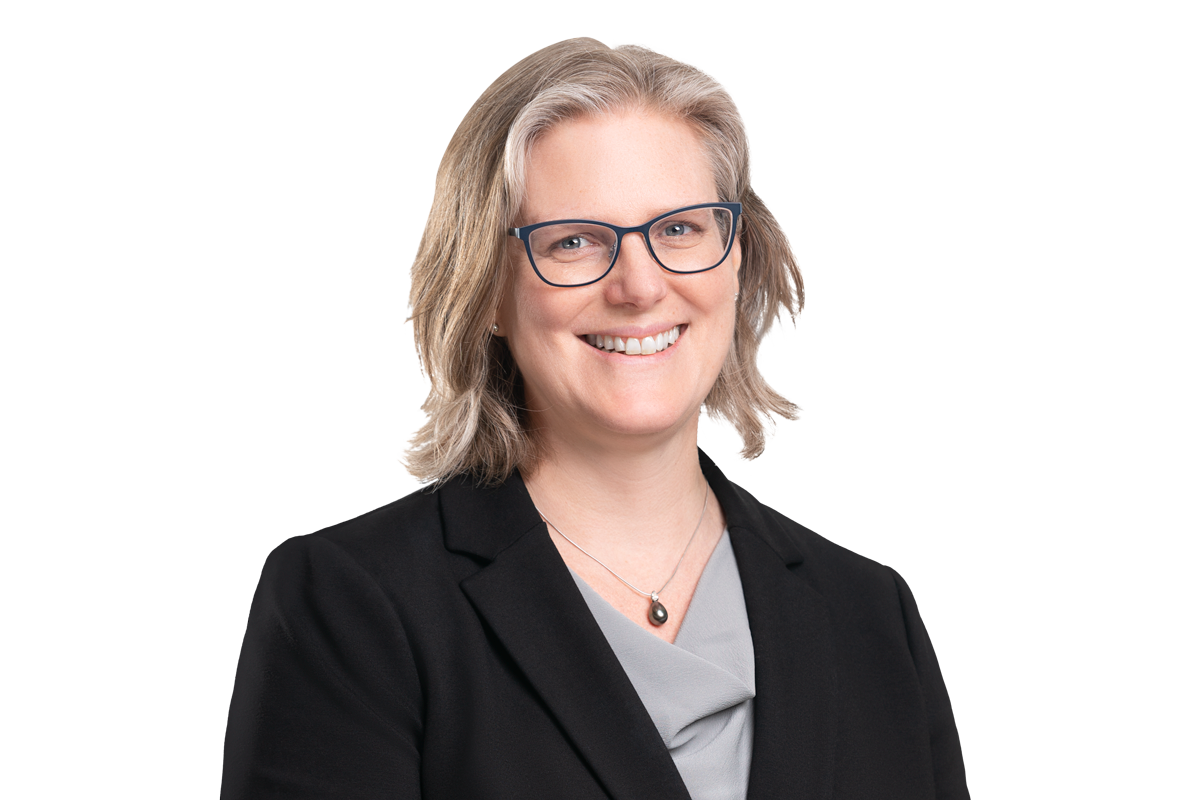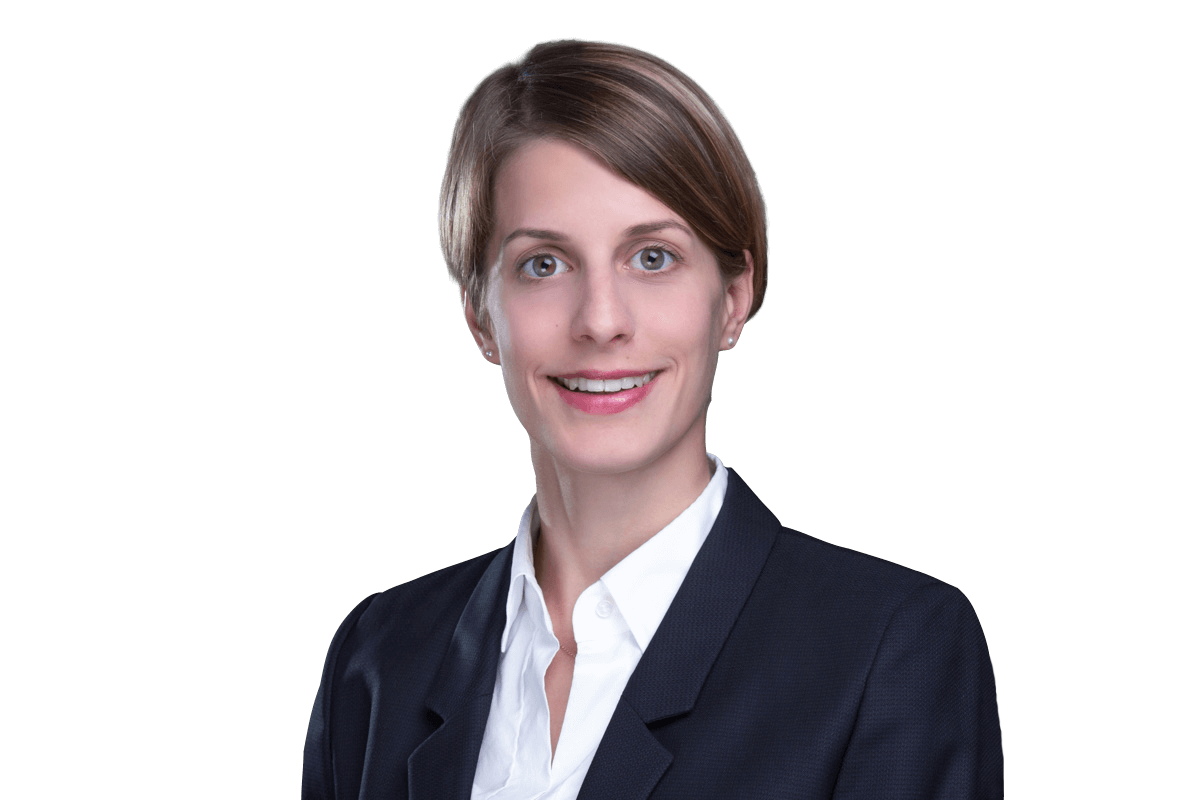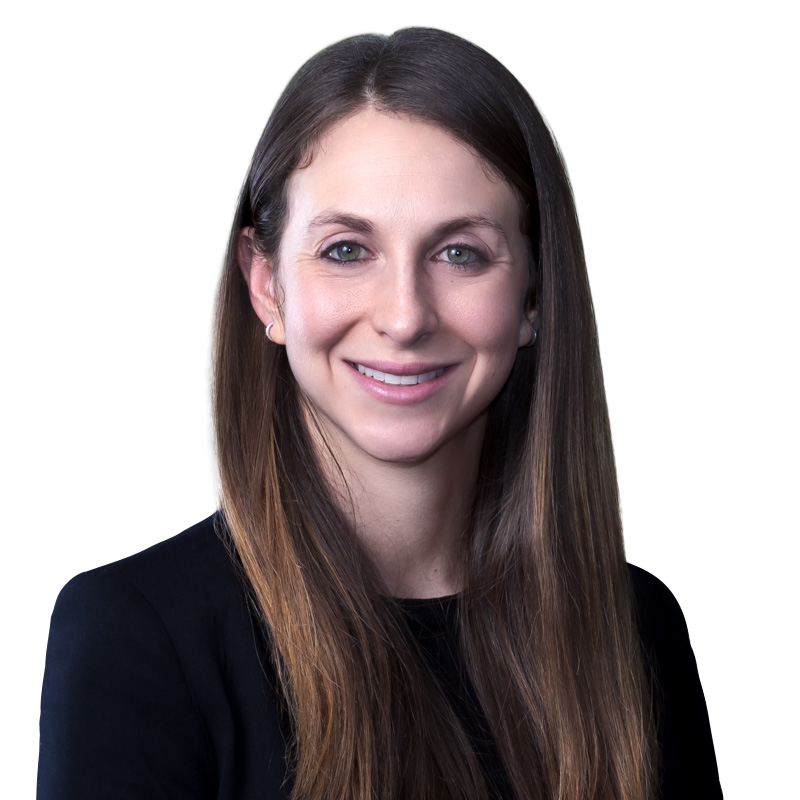What does equity in the workplace mean to you?
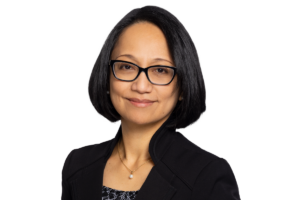 |
 |
| Laarni Bulan: I think equity is the essence of teamwork. Your ideas are listened to and heard, and your contributions are recognized regardless of gender, skin color, or background. |
Kristin Leary: Providing each team member with the resources they need to be set up for success is one way we can work toward equity in the workplace. |
 |
 |
| Yan Cao: Equity to me means that everyone has fair access and opportunity to develop in their daily work experience and advance in their career. |
Jennifer McCabe: Equity in the workplace is about ensuring that anyone—no matter their background or identity—is provided with individualized support and opportunities so they may succeed. |
 |
 |
| Marlene Haas: Equity in the workplace means that an organization recognizes that the members of its workforce are not all the same. An equitable workplace strives to offer tailored approaches that provide fair opportunities for everyone. |
Alex Yavorsky: As someone pursuing a career path on a part-time schedule, I believe equity in the workplace means fairness. Specifically, fairness in access to professional opportunities, in how those opportunities are provided, and in the ways success is measured. |
How can companies build more inclusive workplaces?
Bulan: Companies can become more inclusive by cultivating an organization-wide culture of teamwork. For example, at Cornerstone Research, I have worked on project teams comprised of consultants at every level of experience and seniority. Some of these project teams were overwhelmingly composed of and led by women. Companies should strive for this kind of equity as a given in their business endeavors.
Cao: Companies can build inclusive, supportive cultures by setting the right “tone at the top.” This means being open to employees’ feedback and creating a space where everyone feels comfortable and valued regardless of gender, ethnicity, sexual orientation, or background.
Embrace and celebrate diversity. Get to know the whole person, not just the employee. Be open to ideas about how diverse employees can be their authentic selves at work.
Haas: First, companies should seek to provide safe environments where employees can openly discuss and share their resources, privileges, and challenges. Open exchange will allow for a greater understanding of the areas where equity must be built. Then, advancing equity can take many forms. For example, firms can commit to wage equity, concentrate on representation and advancement across different levels of the organization, and invest in workforce education.
Leary: Often, small actions can have a significant impact on helping others feel included. Everyone can practice these behaviors daily, and leaders can model them, too. Some examples: Make sure to ask for the thoughts of a colleague who has dialed into a meeting. Notice and call attention to a colleague who is trying to speak up but is being overshadowed. Avoid scheduling meetings on religious holidays. The list of such small actions is long. Most do not require considerable effort but rather a consistent awareness of the experiences of those around us.
McCabe: Embrace and celebrate diversity. Get to know the whole person, not just the employee. Be open to ideas about how diverse employees can be their authentic selves at work.
Yavorsky: Companies can commit to developing such a workplace and publicly share their plans to make it happen. By being public about their intentions, firms make it possible for employees to participate in creating an inclusive culture and for everyone to be held accountable for outcomes. For example, I have seen Cornerstone Research build an inclusive workplace by demonstrating its commitment to mentorship—senior women leaders have mentored and advised me at every stage of my career. In turn, I have made it a priority to pay it forward by mentoring less experienced colleagues.
In what ways is Cornerstone Research moving the needle toward greater equity for women?
Bulan: Two of Cornerstone Research’s three cofounders are women. When the firm started over thirty years ago, women founders were unusual, especially in a traditionally male-dominated field like consulting. However, the firm maintains a high number of women officers, principals, and office and practice area leaders. As the firm has grown over the years, this focus on women leaders and equity for all has remained a guiding principle.
As Cornerstone Research has grown, its focus on women leaders and equity for all has remained a guiding principle.
Cao: As a woman, I am inspired by Cornerstone Research’s support and promotion of women. Two of the three cofounders, the current president, and almost 40% of the firm’s current officers are women. The firm is intentional about developing all its people and justifiably proud of its long history of women in leadership.
As a first-generation immigrant who came to the United States from China at age 21, I am grateful for Cornerstone Research’s inclusive culture. The firm’s support for its people impressed me when I joined; more than sixteen years later, it is still going strong. I have been fortunate to be mentored through the years by many remarkable colleagues, both women, and men. They have helped to guide me through professional and personal challenges and empowered me to set my path to career success.
Haas: Cornerstone Research provides—and continues to expand—an array of benefits available to everyone at all levels of the firm. These include equity in compensation, mentoring, and training, and flexible work arrangements. The firm also provides above-the-bar support tailored to support working parents, including reduced-hours work schedules, childcare support, Milk Stork benefits, and wellness rooms.
Leary: Cornerstone Research established itself early as an organization where women could thrive. Women hold many leadership roles, including as president, as heads of offices and practice areas, and as members of the firm’s governance committees. Our hybrid work schedule and the availability of reduced-hours work schedules—both widely used by women and men alike—help maintain equity for those with caregiving responsibilities, which still fall disproportionally to women.
I have been fortunate to be mentored through the years by many remarkable colleagues, both women, and men. They have empowered me to set my path to career success.
McCabe: Women have held significant leadership positions at Cornerstone Research from the beginning of its history, helping to attract and retain women. In addition, our women’s affinity group, C-Her+, helps to facilitate mentorship and development for women.
Yavorsky: Cornerstone Research supports women at all levels of the firm by providing the flexibility to balance professional and personal responsibilities. This support is invaluable, particularly during and since the COVID-19 pandemic. Even with career pauses after having children and returning to work part-time, I have felt consistently supported in charting my path to professional success. I have managed challenging, interesting projects; contributed to the firm’s Consumer Fraud and Product Liability practice; and embraced these opportunities while remaining engaged in my family life.
The views expressed herein do not necessarily represent the views of Cornerstone Research.

